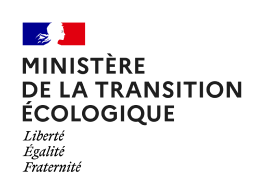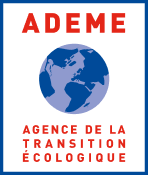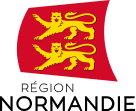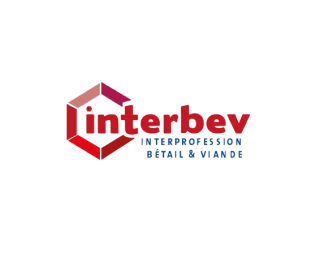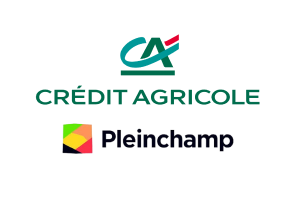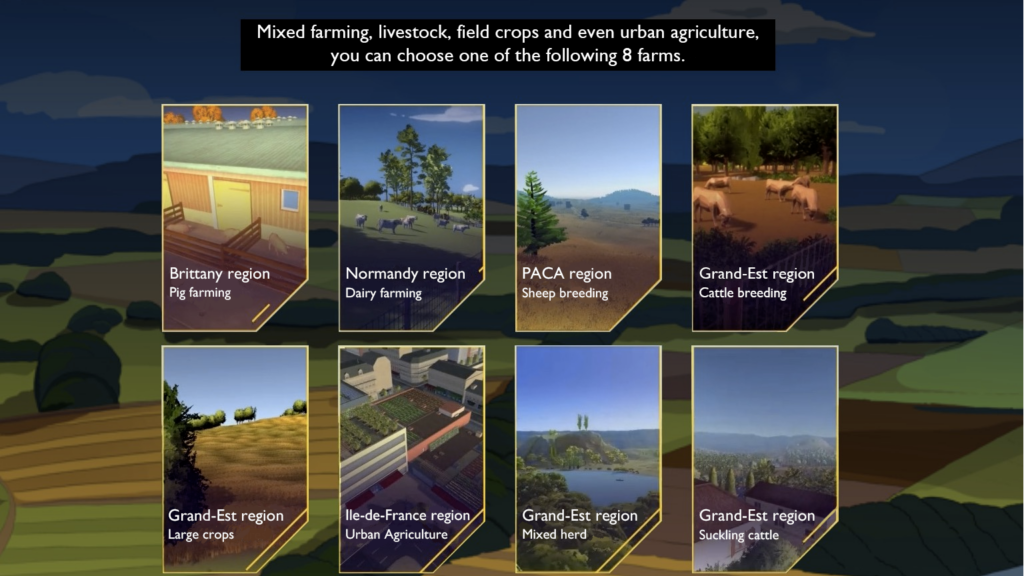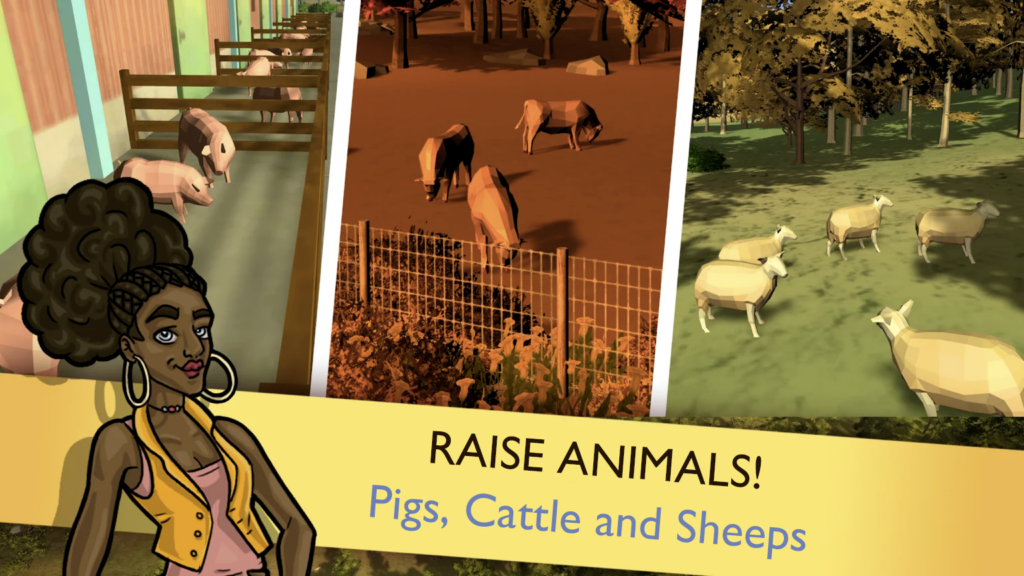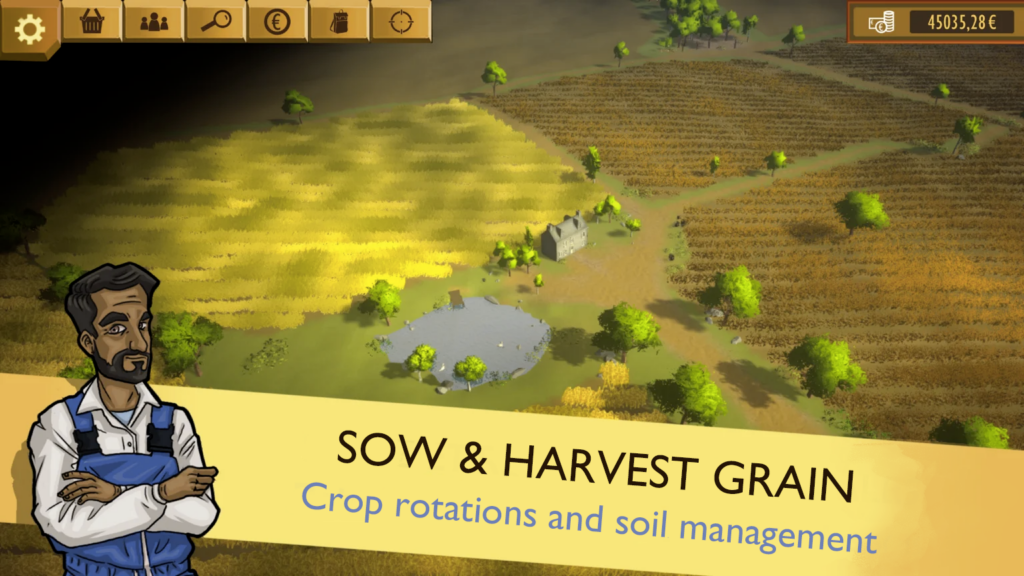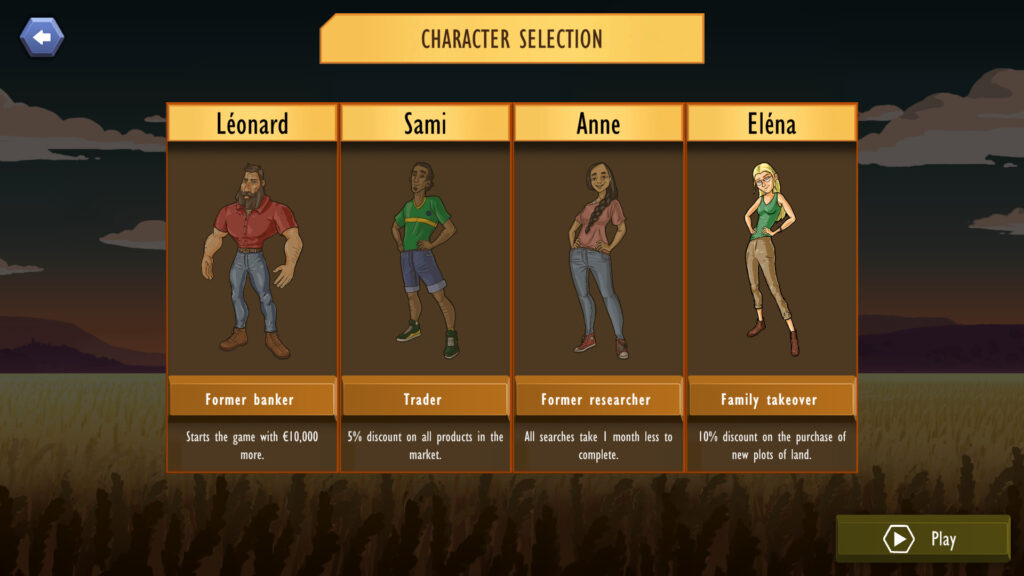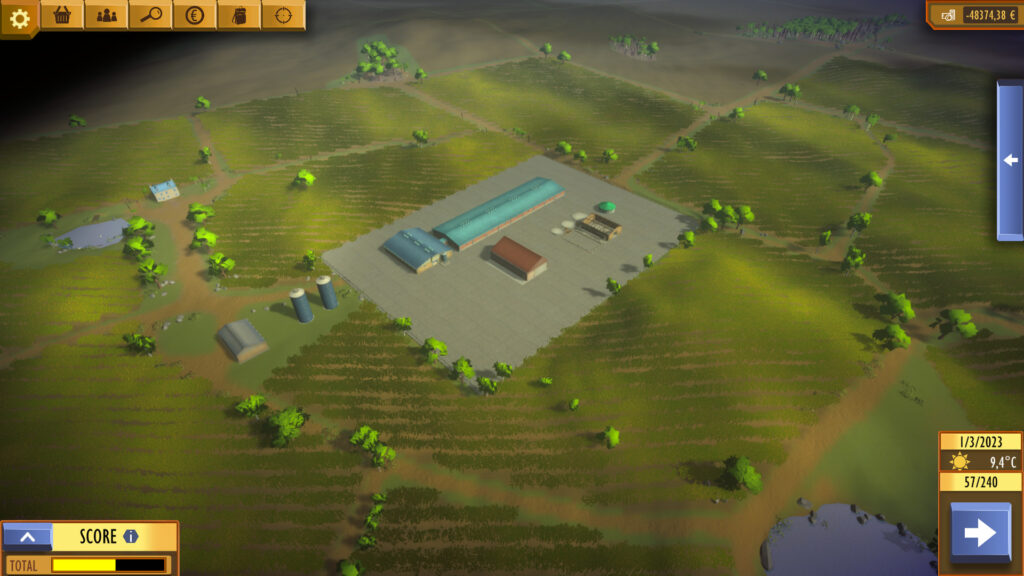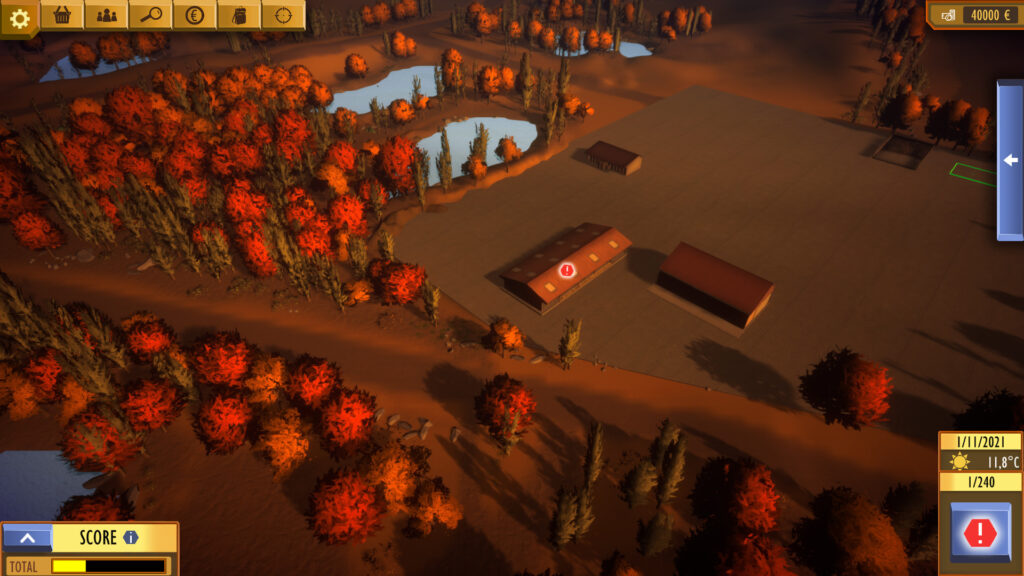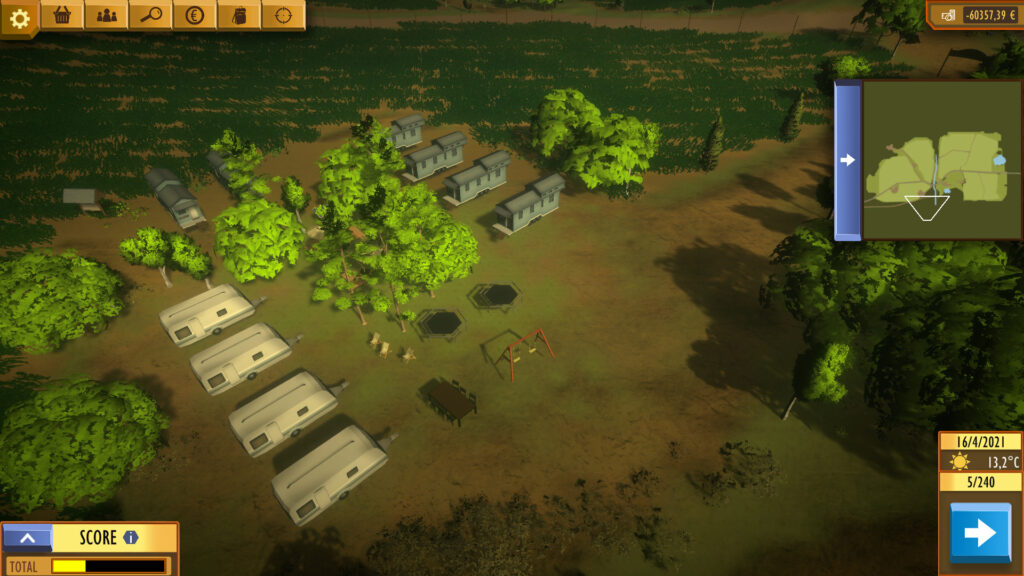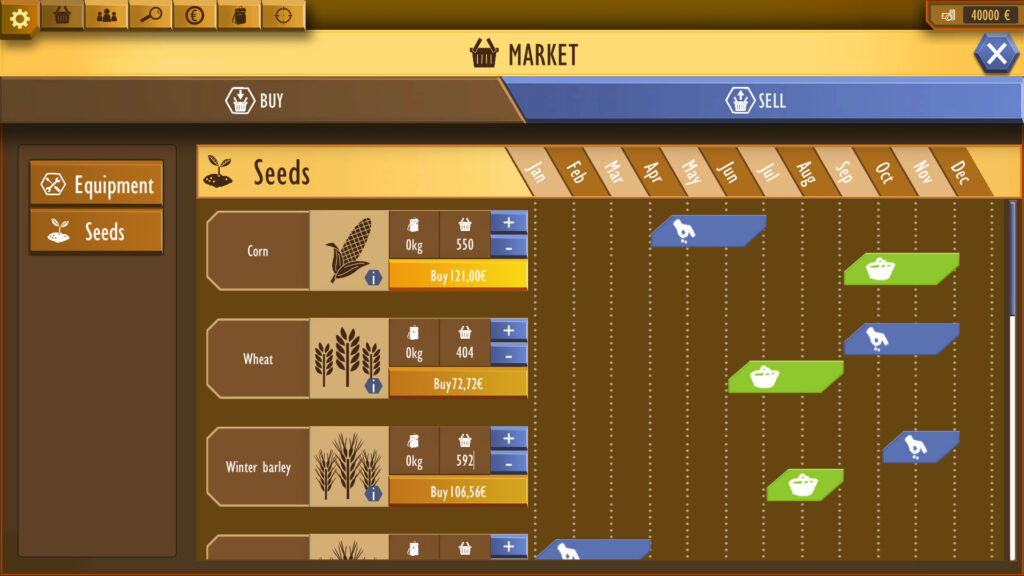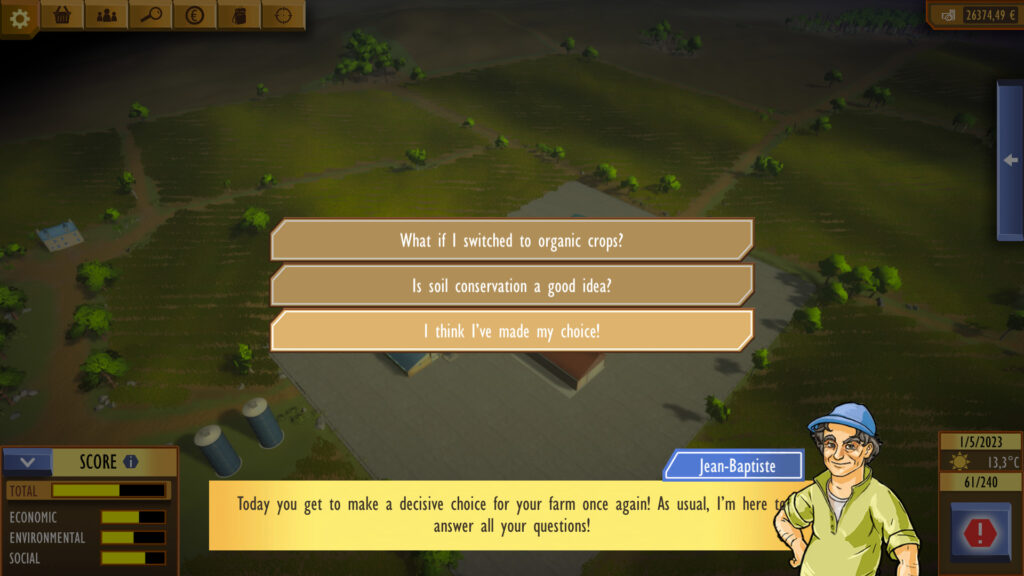In this strategy-management game, you’re in charge of a farm
Learning how to manage it on a day-to-day basis is not enough: you have to embark on a 10-year agricultural transition by improving performance across the 3 agro-ecology criteria (economic, social and environmental). There are many options to choose from, and they have been designed with experts from a wide range of backgrounds. You are in control of the various management levers on your farm such as teams, livestock, fields, equipment, purchasing, sales, finance… and you need to make structuring choices about methods and techniques. Automate everything more? Expand? Try to get an organic level or certification? There are many paths towards successful agroecology but there could be some unexpected twists and turns along the way.
Polyculture farming, arable farming and even urban agriculture: choose one of 8 farms!

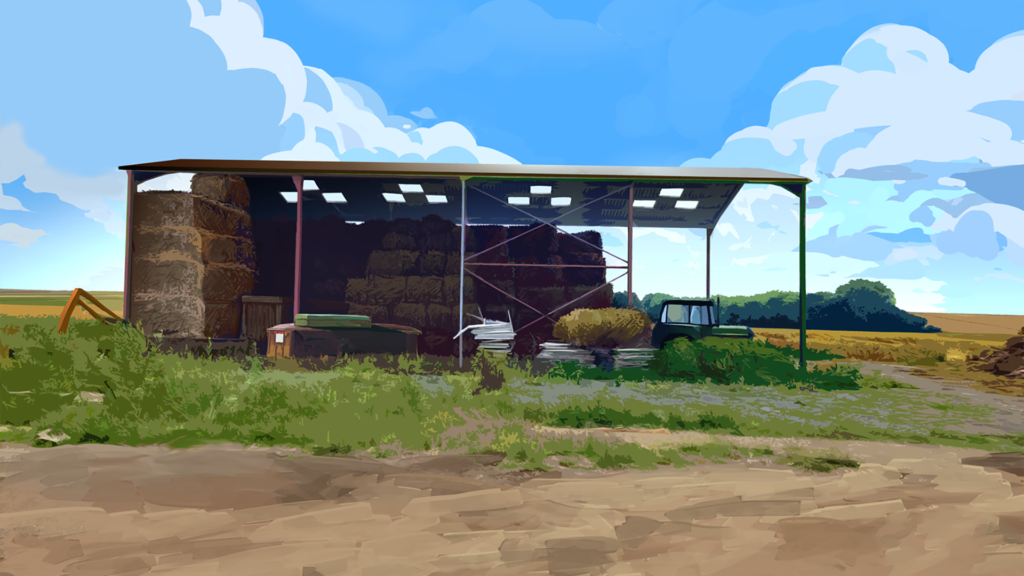
Teaching
Roots Of Tomorrow, inventing tomorrow’s agriculture has various special functionalities also: managing classes and different games, game duration, choice of difficulty level or specific objectives.
You can request access to test the teaching version by contacting Gamabilis.
Competition running
These features enable you to run a competition in a community (company, association, etc.), giving you the opportunity to discover the challenges of sustainable agriculture and much more besides, such as climate issues, biodiversity, the carbon cycle, water, etc.
You can request access to test a tournament you want to create by contacting Gamabilis.
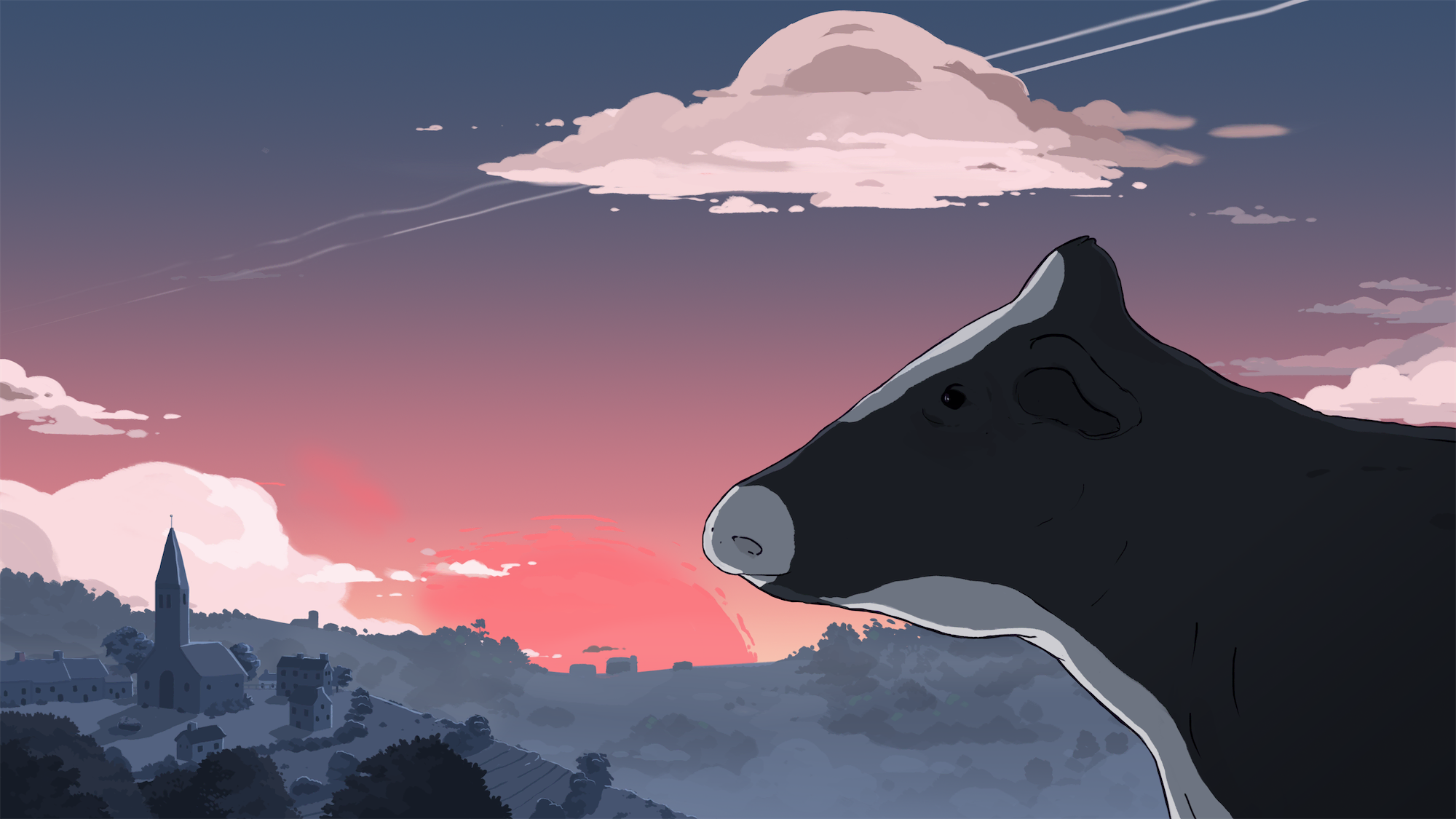
Design
Roots Of Tomorrow is being developed under the supervision of a Scientific Advisory Board, which is primarily responsible for defining guidelines, identifying experts and ensuring that the scientific consensus is properly reflected in the game.
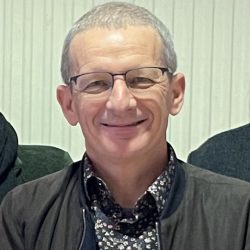
Philippe Jeanneaux
Philippe Jeanneaux is a recognised expert in the field of rural economics, with special expertise in farms’ overall performance and the factors that determine this. His research focuses on the dynamics of rural areas, based on changes in farms and local agri-food production systems. He has published multiple books, including ‘Repenser l’économie rurale’ (Rethinking the rural economy) published by Quae. He has also worked with the FAO to investigate the economic impact of geographical indicators on various agricultural products at international level. Philippe Jeanneaux continues to contribute to agricultural research, combining scientific expertise with practical applications for regional sustainable development.
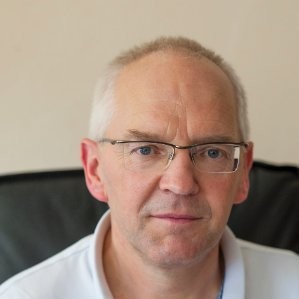
Christian Huyghe
Christian Huyghe, Scientific Director for Agriculture at INRAE, started out as head of the Forage Plant Genetics and Improvement Unit at Lusignan. He established research programmes looking at the genetics of feed value and alfalfa seed production, as well as the agronomic merits of multi-species grasslands and their development. He contributes to research guidelines promoting agro-ecology, mainly in the realm of crop protection with a greatly reduced use and impact of pesticides. Christian Huyghe is the director of numerous research projects and chairs and sits on a number of national and international scientific committees, including ACTA’s Scientific Steering Committee. He is also a member of the Académie d’agriculture.
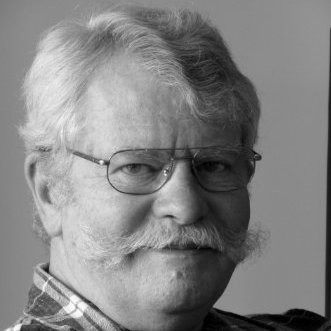
Jean Louis Bernard
Jean-Louis Bernard is an emeritus member of the Académie and former vice-president of the AFPP (Végéphyl). First and foremost, he works in crop protection, with his areas of expertise including the environment and biodiversity. Initially Head of Regional Development, then Head of External Relations and Environment at ZENECA, he was Head of External Relations, Environment and Sustainable Agriculture at SYNGENTA-Agro between 2001 and 2007. He is the author of more than 150 technical articles and several books, and chaired the Académie d’agriculture de France in 2019.
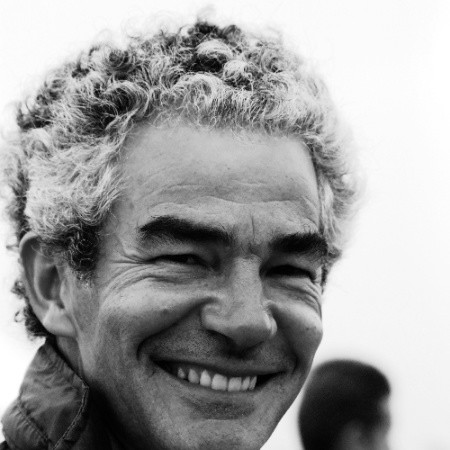
Philippe Gate
Philippe Gate, who graduated from P&M Curie University, is former Scientific Director of ARVALIS. Before that, he developed models for forecasting crop stages, yields and quality, remote sensing applications and proposals for adapting to climate change. He is also involved in digital innovations for reference acquisition and products for growers. He promotes ‘borderless’ agronomy, from genetics to digital technology, with multi-performance agro-ecology as the agricultural model, so that innovations benefit everyone, from farmers and consumers to citizens.
Latest news
from Roots of Tomorrow
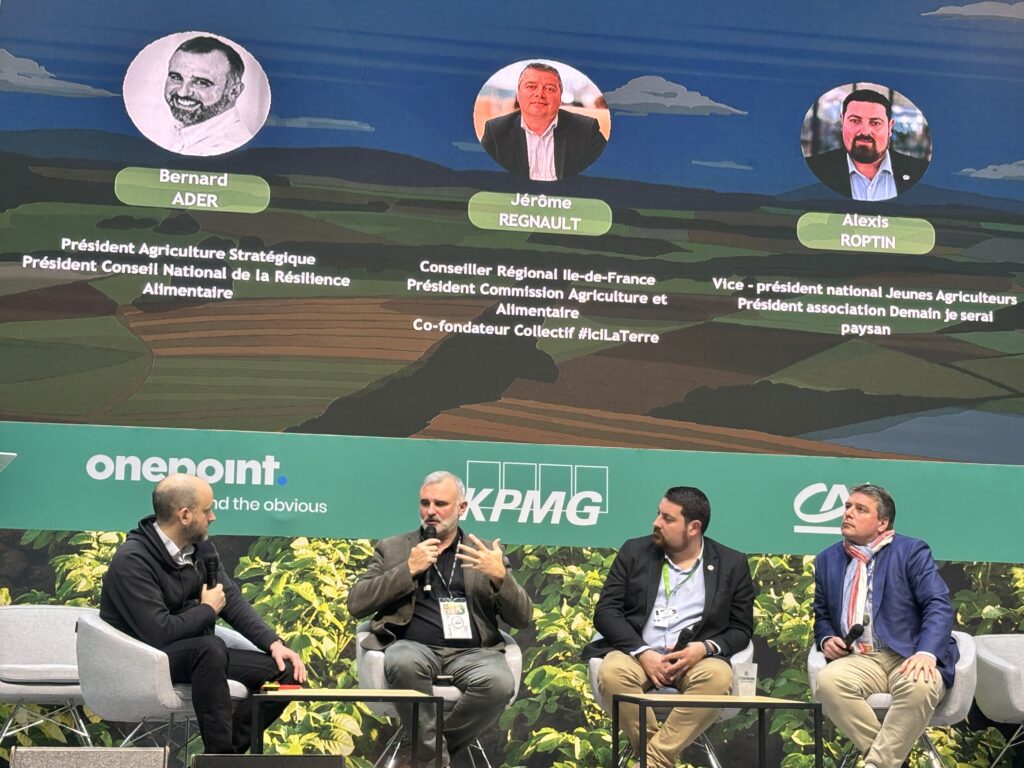
SIA 2025: tomorrow’s agriculture, economic and technological innovations
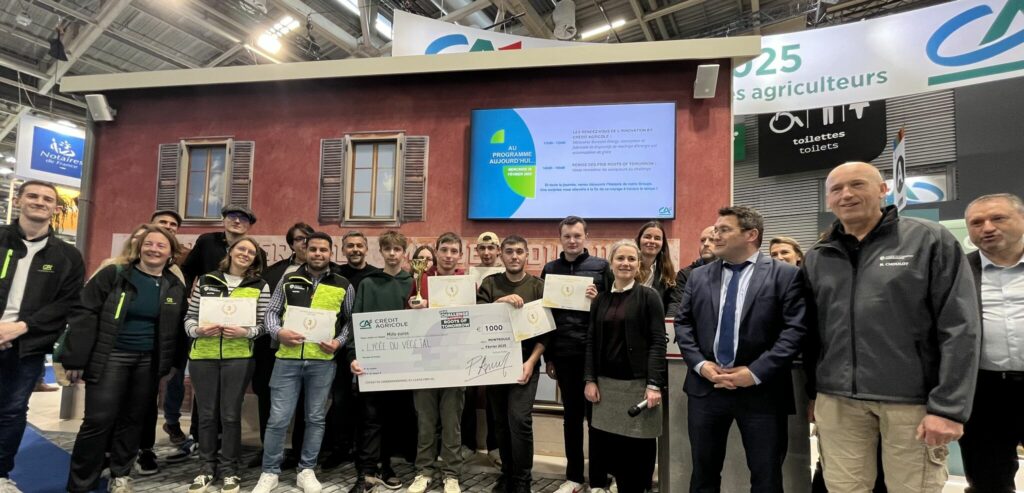
Roots Of Tomorrow tournament awards ceremony at SIA 2025
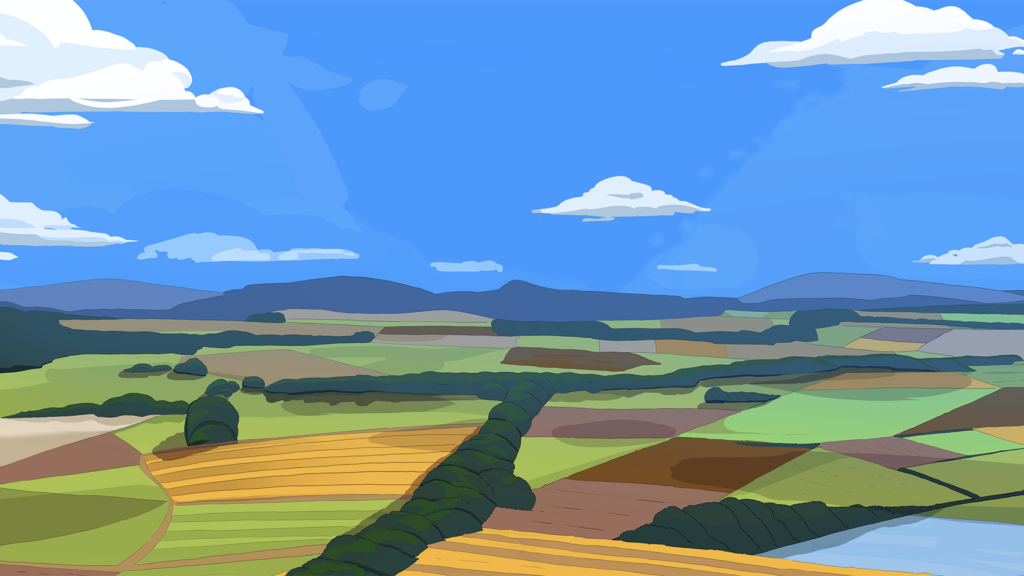
Roots of Tomorrow: the next update on field crop farming in Eastern France




